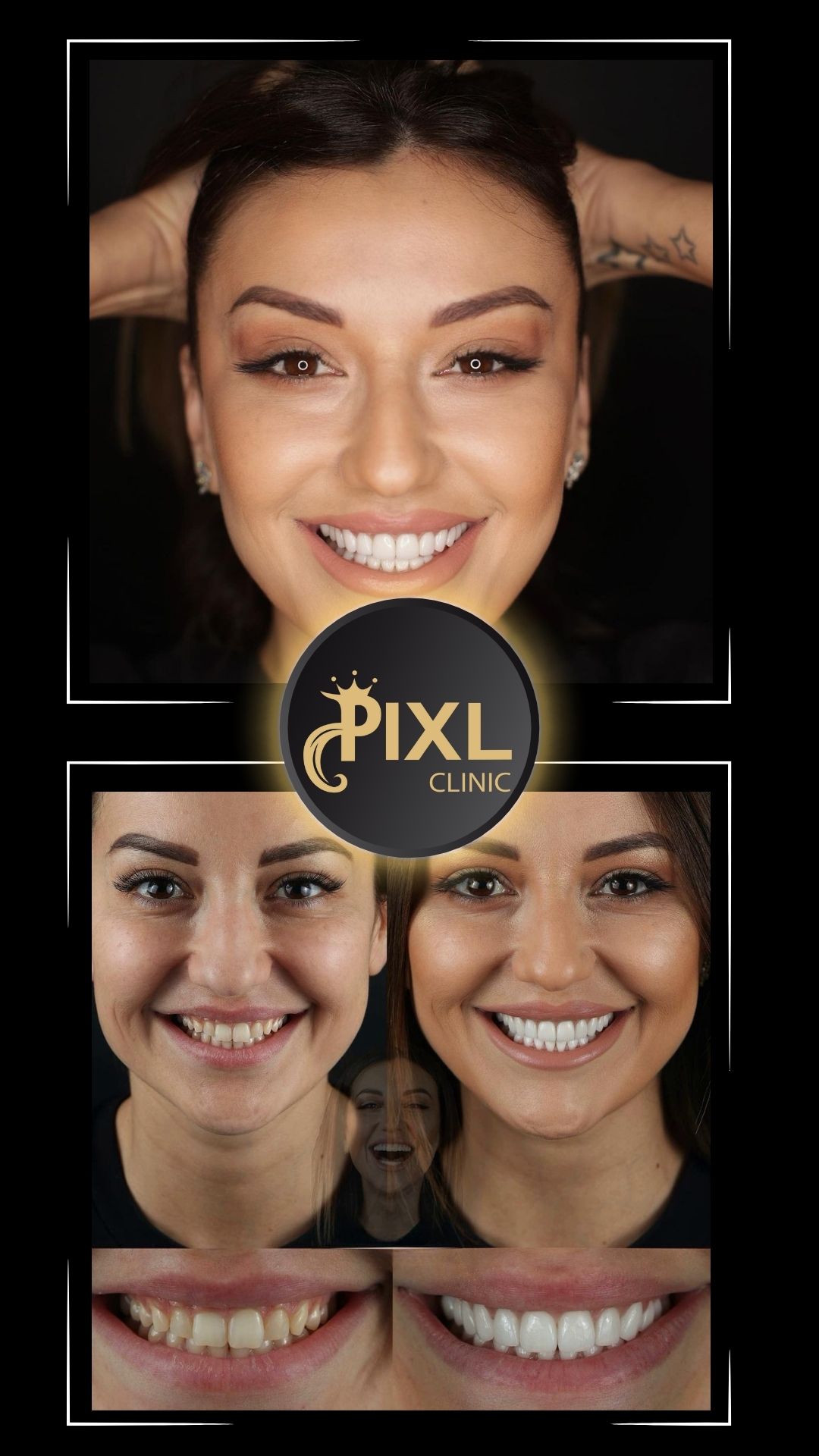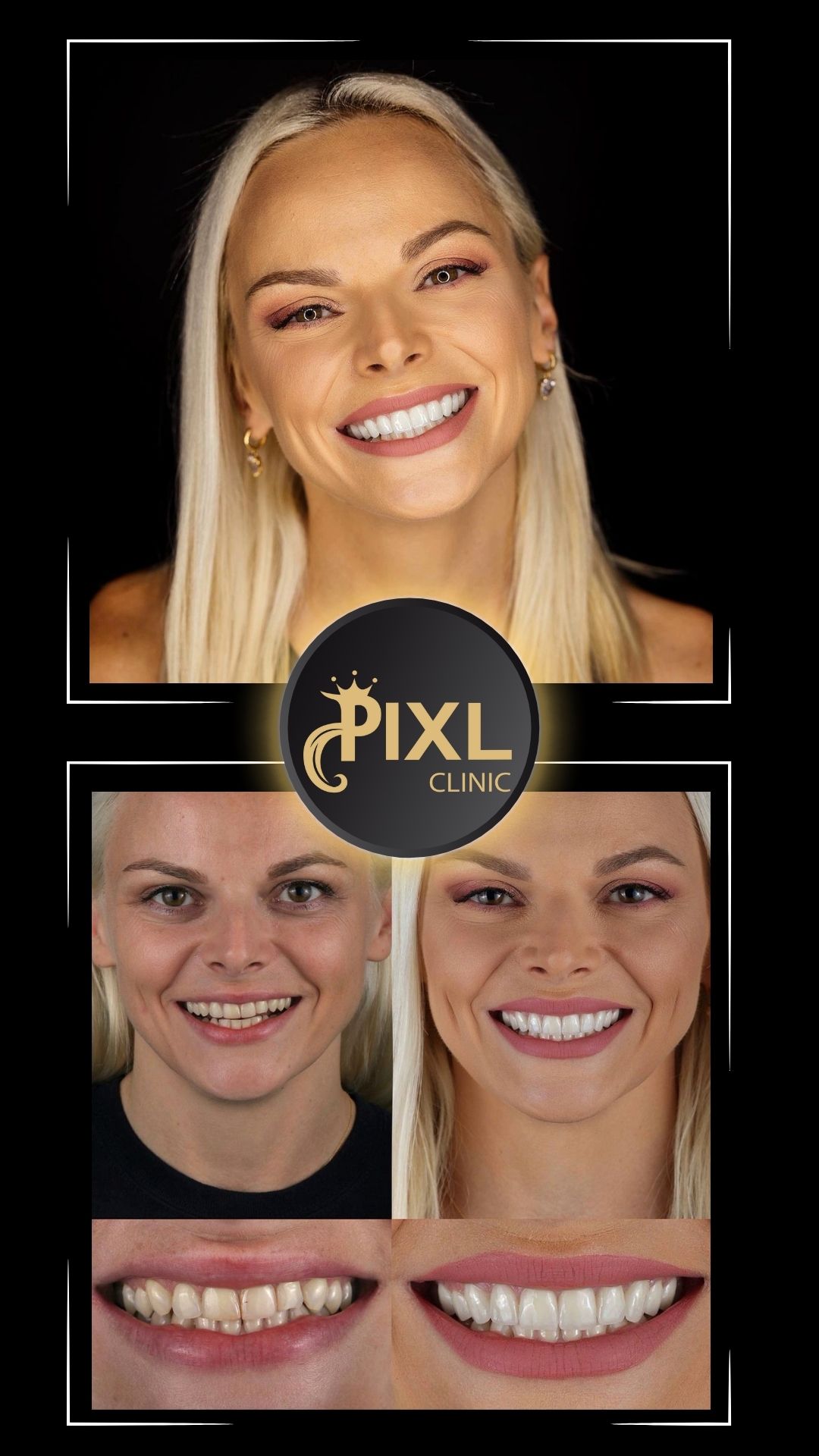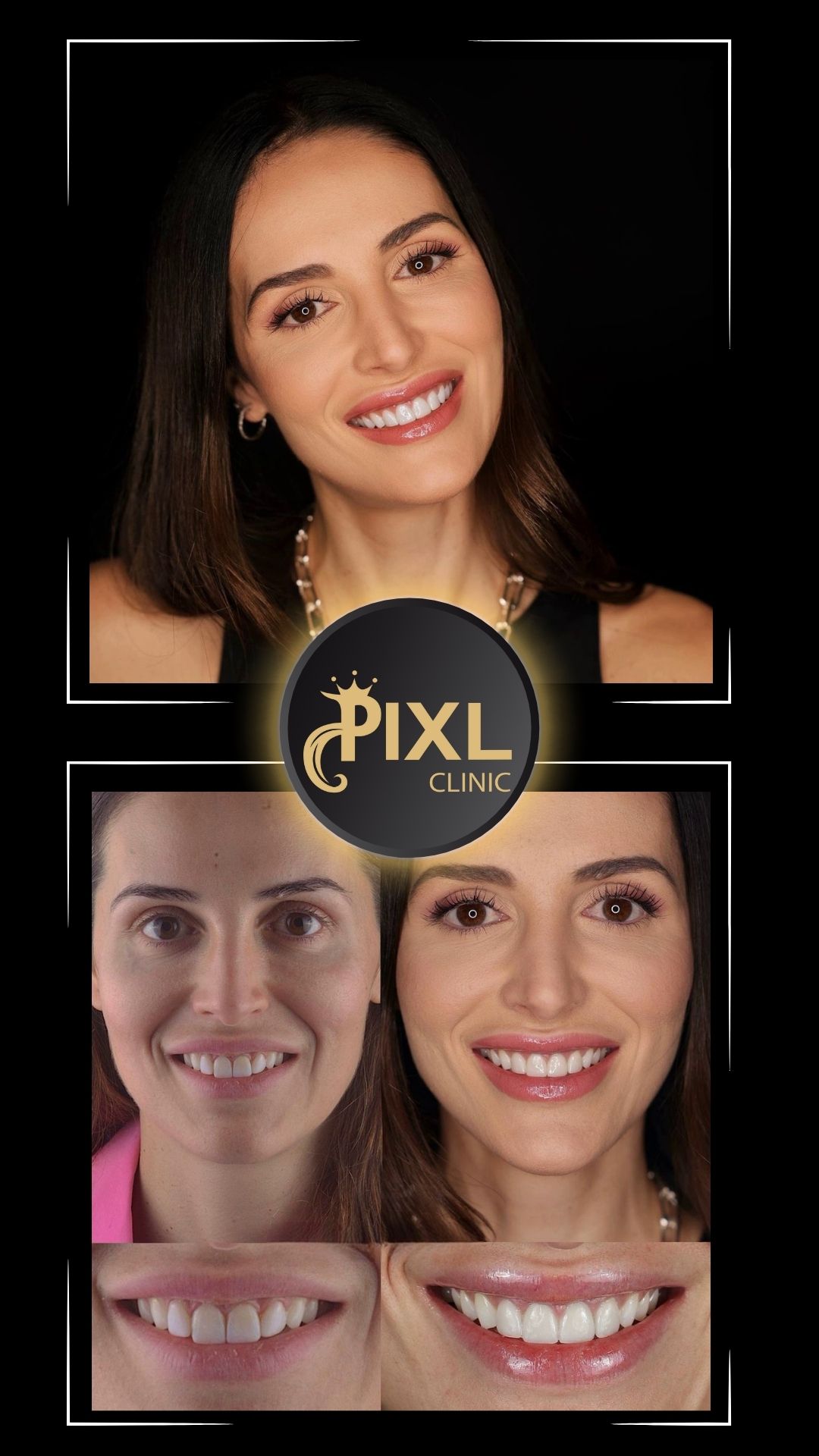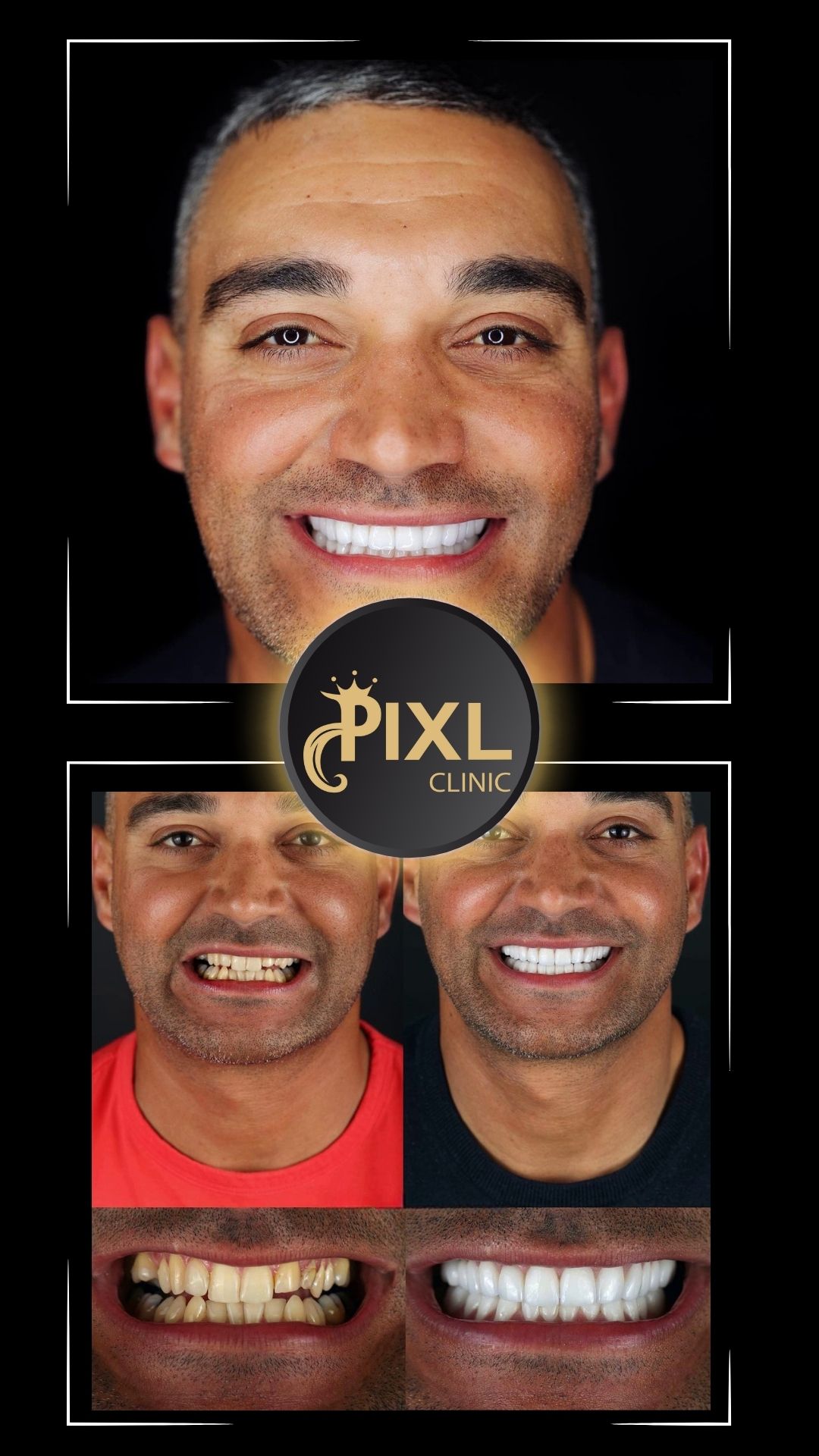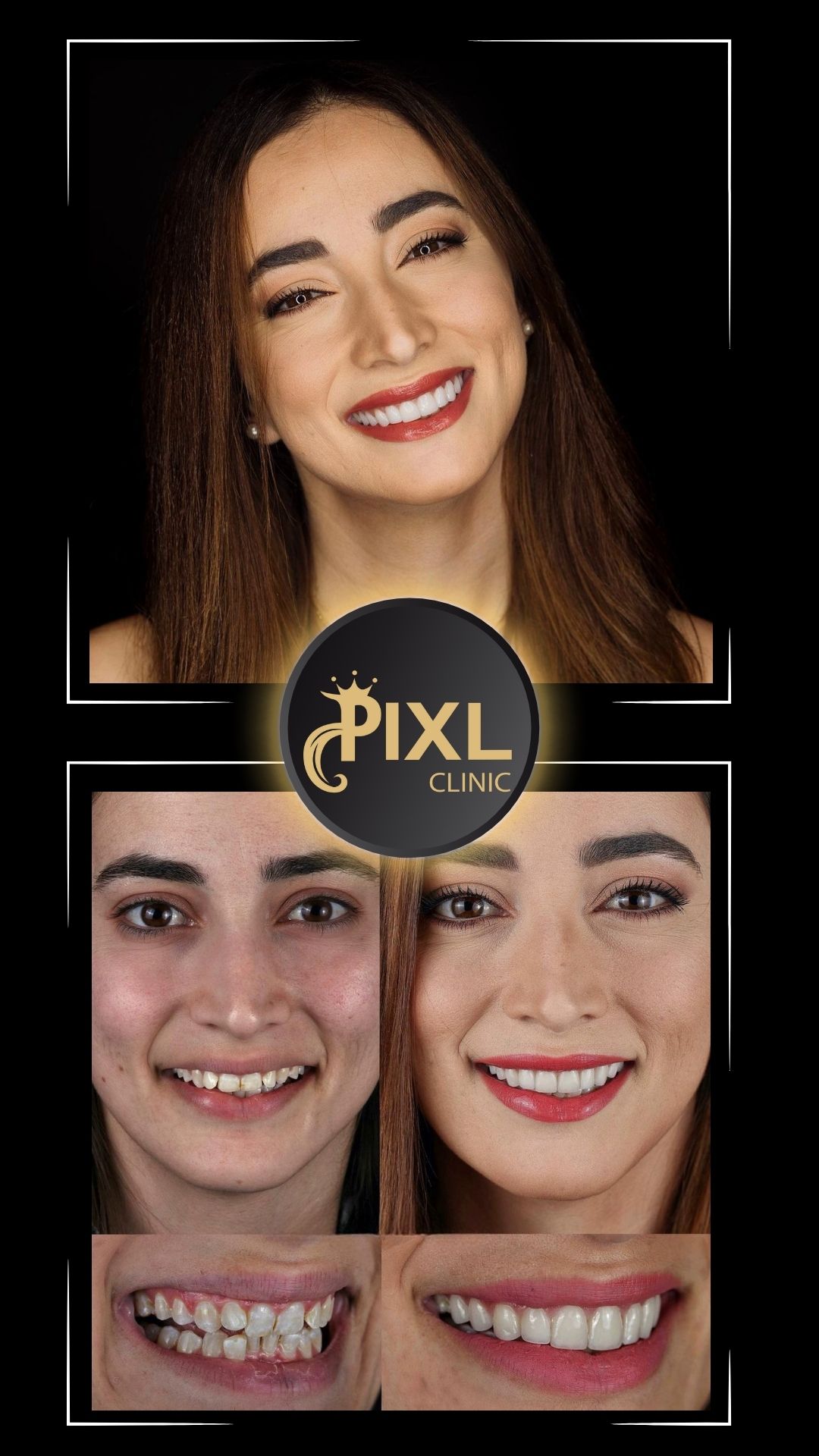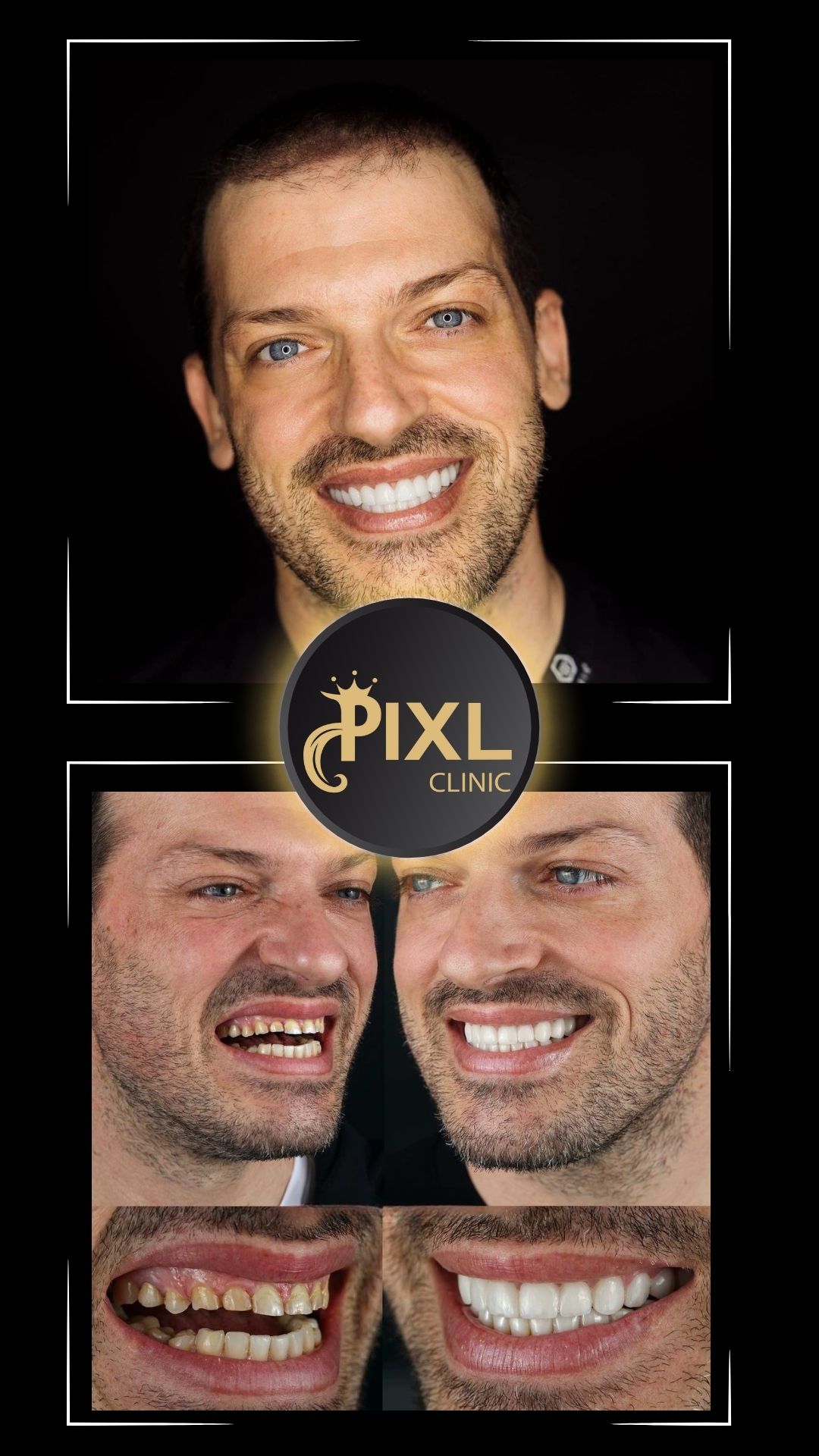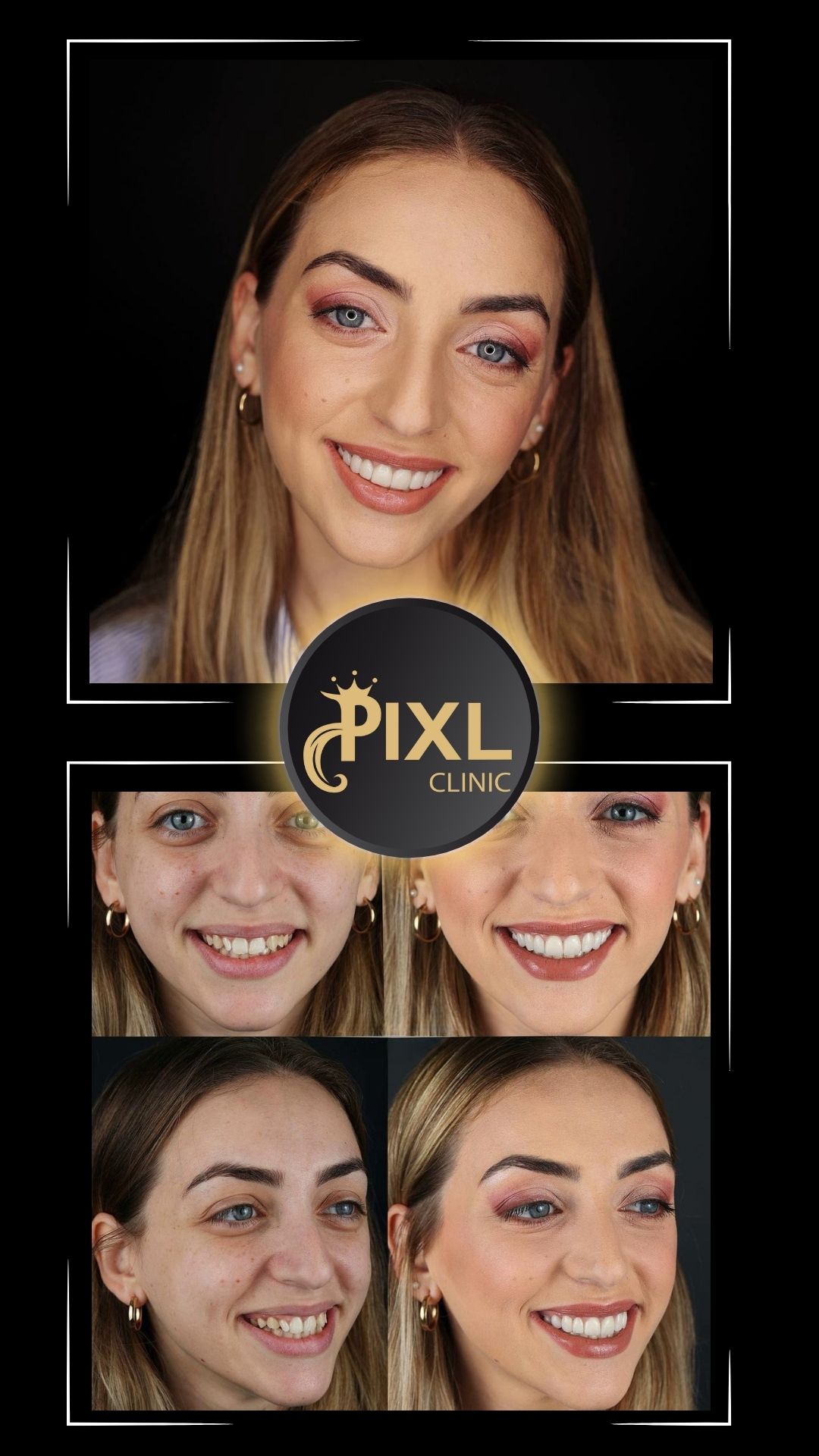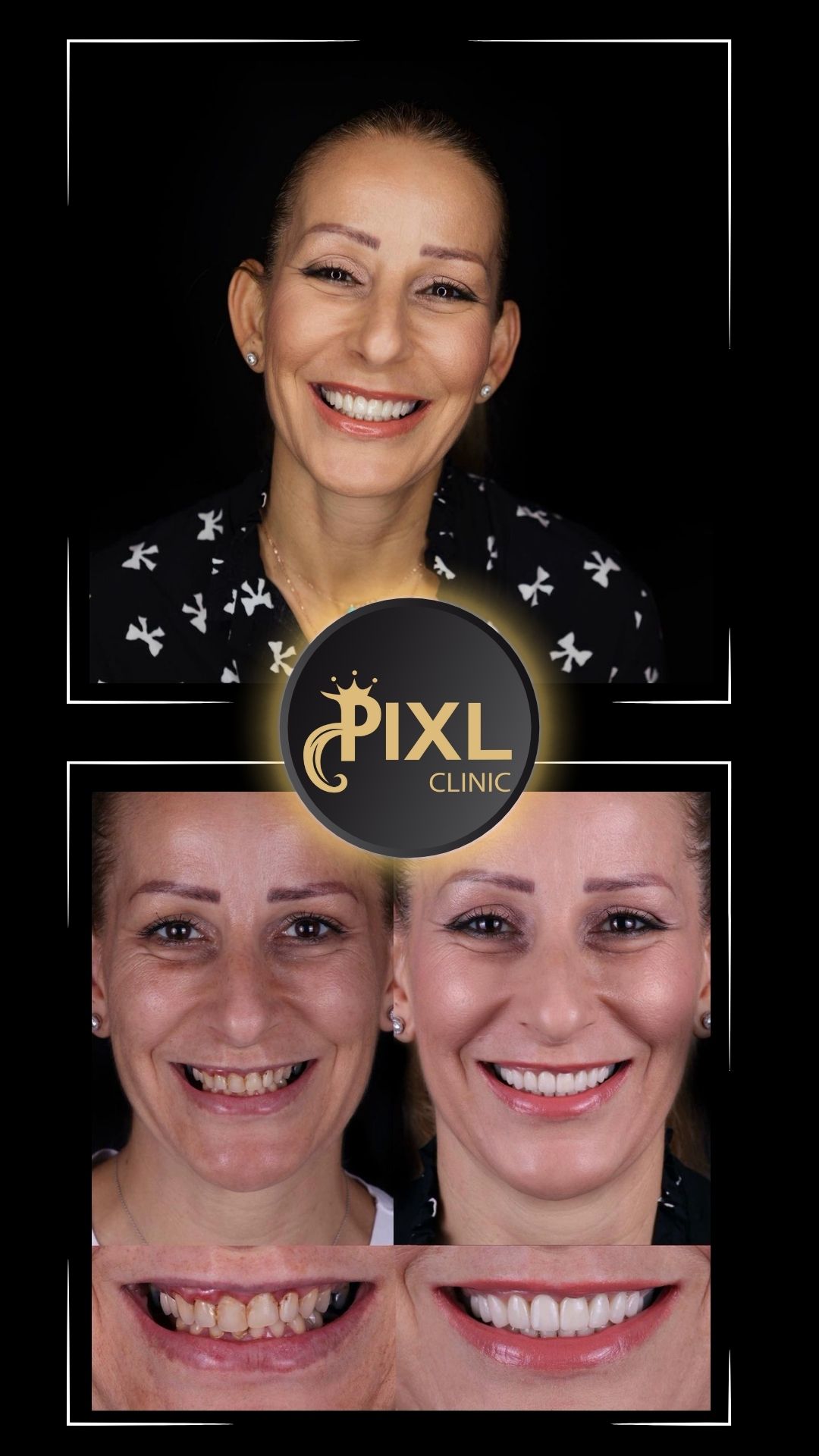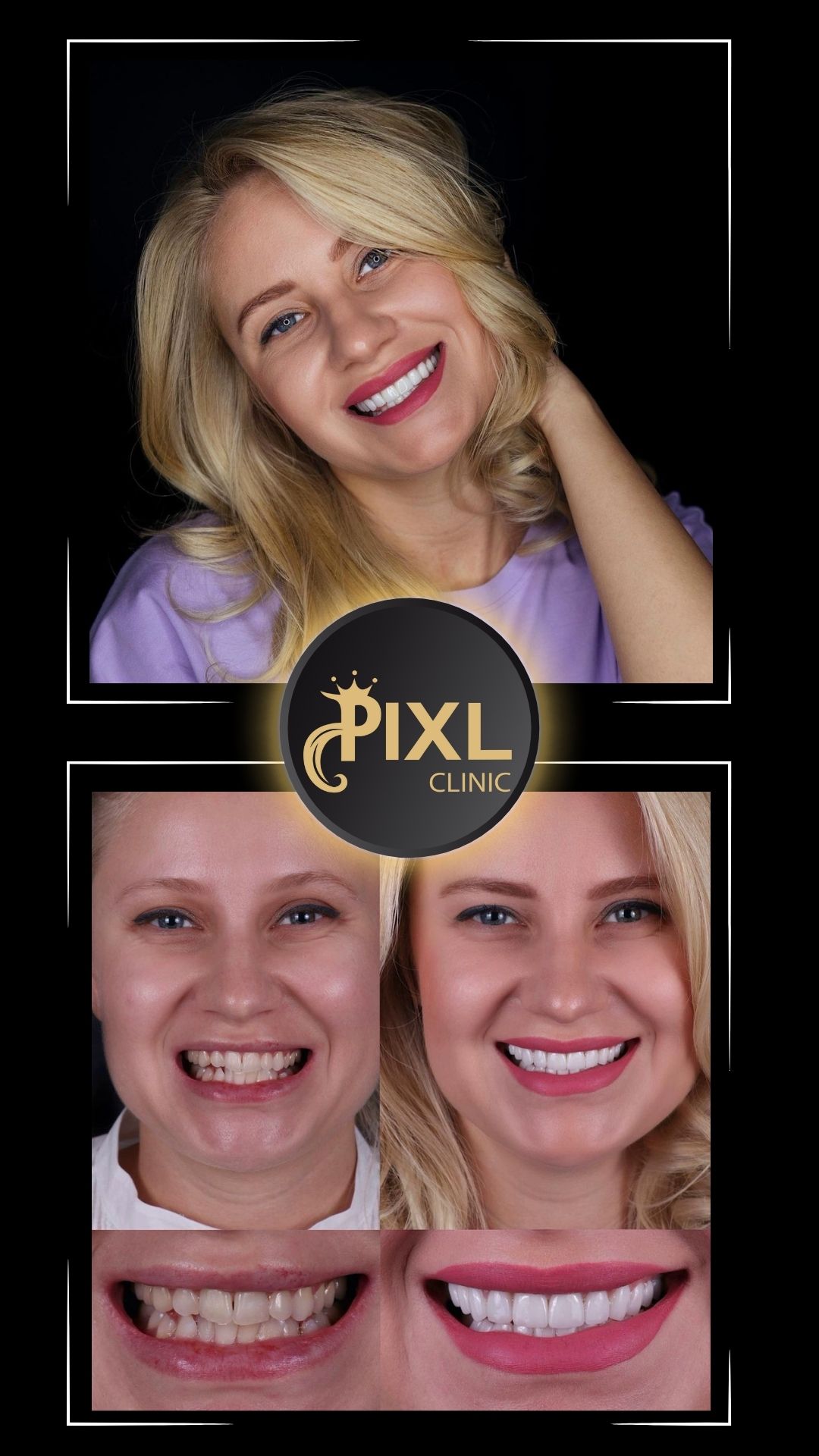Tooth Fillings in Turkey
Tooth fillings in Turkey offer a cost-effective and high-quality solution for treating cavities and restoring your dental health.
Tooth Fillings in Turkey: A Comprehensive Guide
Tooth fillings are a common dental procedure used to repair cavities and restore the function and appearance of a tooth. Turkey has become a popular destination for dental care, including tooth fillings, due to its combination of quality care and affordability.
Tooth fillings in Turkey provide an effective solution for repairing cavities and restoring your dental health at an affordable price. By understanding the types of fillings, costs, and what to expect, you can make an informed decision and receive quality care during your visit to Turkey.

The Essential Guide to Tooth Fillings: Everything You Need to Know
Tooth fillings are a common dental treatment used to restore teeth affected by decay, damage, or wear. Whether you’re dealing with a cavity or a chipped tooth, fillings can help restore your tooth’s function and appearance.
What Are Tooth Fillings?
Tooth fillings are materials placed into a cavity or damaged area of a tooth to restore its shape, function, and strength. The primary goal is to repair the tooth and prevent further decay or damage. Fillings can be made from a variety of materials, each with its own benefits and uses.
Types of Tooth Fillings
Composite Fillings
- Material: Tooth-colored resin that blends with your natural teeth.
- Advantages: Aesthetic appeal, good bonding with tooth structure, and can be sculpted to match the natural contours of the tooth.
- Best For: Visible areas of the teeth where appearance is important.
Amalgam Fillings
- Material: A durable mixture of metals, including silver, mercury, tin, and copper.
- Advantages: Long-lasting, strong, and cost-effective.
- Best For: Back teeth where strength is needed for chewing.
Glass Ionomer Fillings
- Material: A mix of glass and organic acids.
- Advantages: Releases fluoride to help prevent further decay and bonds well with the tooth.
- Best For: Fillings in areas less exposed to heavy chewing forces.
Resin Ionomer Fillings
- Material: Similar to glass ionomer but with added resins for improved aesthetics.
- Advantages: Better match to tooth color compared to glass ionomer fillings.
- Best For: Areas that receive less stress from chewing.
Ceramic Fillings
- Material: Made from porcelain or similar ceramic materials.
- Advantages: Highly durable and resistant to staining; provides an excellent match to the natural tooth color.
- Best For: Visible areas where appearance is a priority.
The Tooth Filling Procedure
Diagnosis and Preparation:
- Examination: Your dentist will examine your tooth using X-rays or other diagnostic tools to assess the extent of decay or damage.
- Cleaning: The affected area is cleaned to remove any decay or damaged tissue.
Filling Application:
- Material Choice: Your dentist will select the appropriate filling material based on the location of the tooth, the extent of the damage, and your personal preferences.
- Placement: The filling material is applied in layers. For composite fillings, a special light may be used to harden each layer.
Final Adjustments:
- Shaping and Polishing: Once the filling is in place, your dentist will shape it to match the contours of your tooth and polish it to ensure a smooth finish.
Post-Treatment Care:
- Instructions: You’ll receive instructions on how to care for your filling and what to avoid in the initial days to ensure it sets properly.
Benefits of Tooth Fillings
- Restores Function: Allows you to chew food properly and maintain oral function.
- Prevents Further Decay: Stops the spread of decay and protects the tooth from future damage.
- Aesthetic Improvement: Modern materials can match the color of your natural teeth, enhancing your smile.
- Cost-Effective: Often less expensive than other restorative options like crowns or veneers.
Tooth Filling Costs in Turkey: What to Expect
Turkey has become a prominent destination for dental treatments due to its affordable prices and high-quality care. If you’re considering getting a tooth filling in Turkey, it’s essential to understand the costs involved and what factors can influence the price. This guide provides a comprehensive overview of tooth filling costs in Turkey, including a comparison with prices in other countries and what to consider when budgeting for your dental care.
Cost of Tooth Fillings in Turkey
The cost of tooth fillings in Turkey is generally lower than in many Western countries. The exact price can vary based on several factors, including the type of filling, the location of the dental clinic, and the dentist’s experience. Here’s a general breakdown of the costs for different types of fillings:
- Composite Fillings: $100 to $200 per tooth
- Description: Tooth-colored resin fillings that blend with the natural color of your teeth.
- Best For: Visible areas where aesthetics are a priority.
- Amalgam Fillings: $60 to $150 per tooth
- Description: Durable metal fillings made from a mixture of metals including silver, mercury, tin, and copper.
- Best For: Back teeth where strength is crucial for chewing.
- Glass Ionomer Fillings: $80 to $180 per tooth
- Description: A blend of glass and organic acids that releases fluoride.
- Best For: Areas that are less exposed to heavy chewing forces.
- Resin Ionomer Fillings: $90 to $200 per tooth
- Description: Similar to glass ionomer but includes resins for improved aesthetics.
- Best For: Areas with less stress from chewing.
- Ceramic Fillings: $150 to $300 per tooth
- Description: Made from porcelain or similar ceramic materials.
- Best For: Visible areas where appearance is important.
Tooth fillings in Turkey offer an affordable and high-quality solution for repairing cavities and restoring dental function. By understanding the costs and factors involved, you can make an informed decision and potentially save on your dental expenses.
Frequently Asked Questions
What Are Tooth Fillings?
Tooth fillings are materials used to restore the structure of a decayed, chipped, or damaged tooth. They help repair cavities and protect the tooth from further damage.
Why Are Tooth Fillings Popular in Turkey?
Turkey offers high-quality dental care at affordable prices compared to many Western countries. The combination of skilled dentists, modern technology, and lower costs makes it an attractive destination for dental treatments, including fillings.
How Much Do Tooth Fillings Cost in Turkey?
The cost of tooth fillings in Turkey is considerably lower than in other countries. Prices can range from $40 to $150 per filling, depending on the material used, clinic location, and the complexity of the procedure.
What Materials Are Used for Tooth Fillings in Turkey?
Dentists in Turkey offer a variety of filling materials, including:
- Amalgam (Silver Fillings)
- Composite (Tooth-Colored Fillings)
- Gold Fillings
- Porcelain Fillings (Inlays/Onlays)
Is the Quality of Tooth Fillings in Turkey Good?
Yes, dental clinics in Turkey maintain high standards, often using the latest materials and equipment. Many clinics have internationally trained dentists and follow strict hygiene protocols.
How Long Do Tooth Fillings Last?
The lifespan of a filling depends on the material used and your oral hygiene. For example:
- Amalgam Fillings: 10-15 years
- Composite Fillings: 5-7 years
- Gold Fillings: 15+ years
- Porcelain Fillings: 10-15 years
How Long Does the Procedure Take?
A tooth filling typically takes 30 minutes to 1 hour, depending on the extent of the decay and the type of filling material used.
Is the Procedure Painful?
The procedure is usually not painful, as dentists use local anesthesia to numb the area around the tooth. After the anesthesia wears off, you may feel some sensitivity, but it should subside quickly.
Are There Any Risks or Side Effects?
While the procedure is safe, some potential side effects include:
- Temporary tooth sensitivity
- Discomfort when biting
- Allergic reactions (though rare)
How Do I Choose a Good Clinic for Tooth Fillings in Turkey?
- Research clinic reviews and patient testimonials.
- Check for certifications and affiliations with international dental associations.
- Inquire about the dentist’s experience and qualifications.
Do I Need to Come Back for Follow-Up Appointments?
Follow-up visits may be needed if there are complications such as sensitivity or discomfort. In most cases, fillings do not require additional visits unless problems arise.
Can I Combine the Procedure with a Vacation in Turkey?
Yes! Many people combine dental treatments like fillings with a holiday. Major cities such as Istanbul, Antalya, and Izmir are popular destinations with reputable dental clinics.




